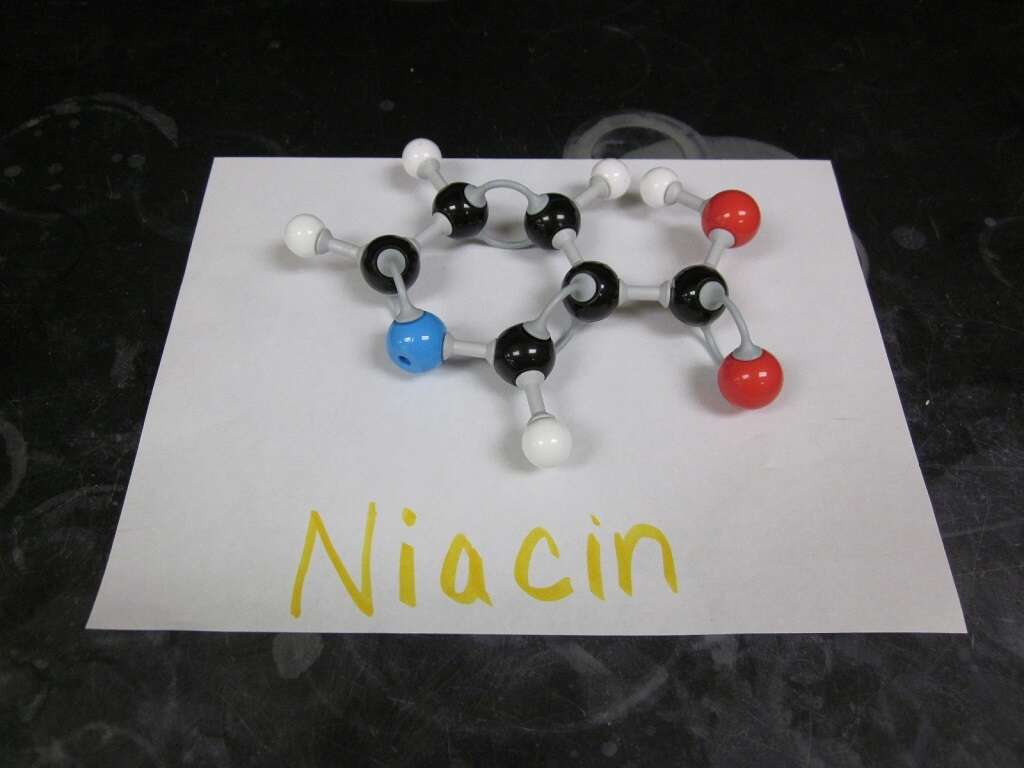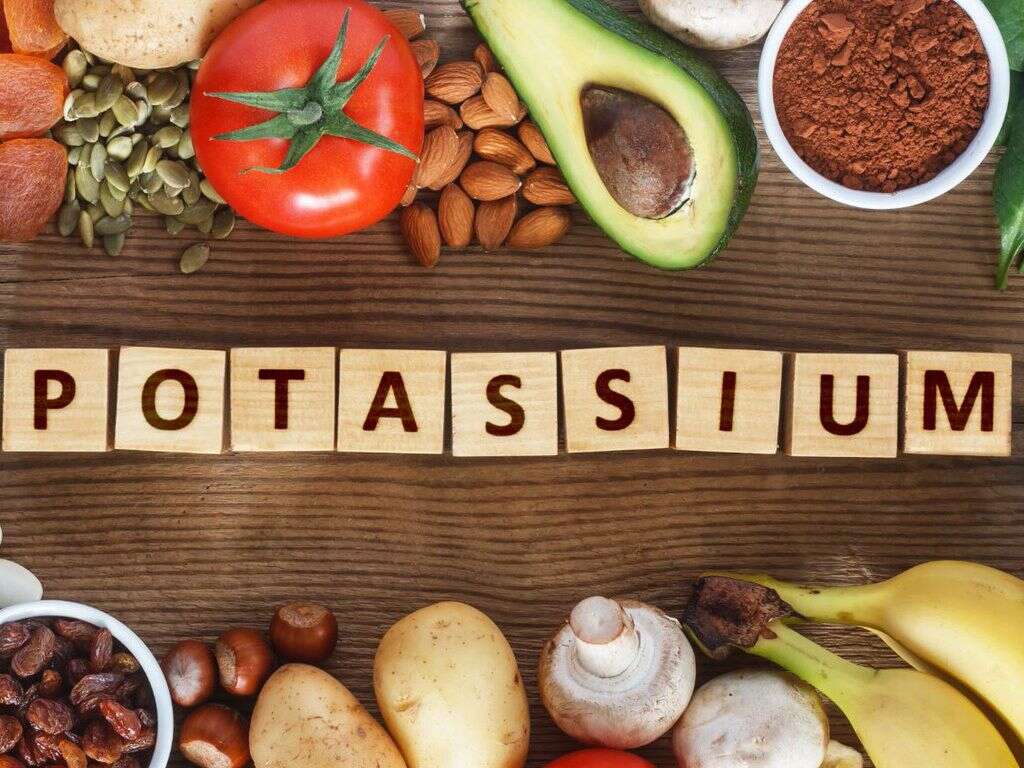10 Vitamin K Deficiency Symptoms
Vitamin K plays an important role in blood clotting. This essential fat-soluble vitamin supports heart and bone health and has roles in brain function. Vitamin K deficiency is rare since the vitamin is present in many common foods including grains, vegetables, and oils.
Vitamin K deficiency occurs in people of different backgrounds, but predominantly in neonates due to a sterile gut and the fact that vitamin k does not cross the placenta. Adults can also suffer from this condition, especially those on anticoagulant medications, and those on antibiotics that interfere with the absorption of vitamin K. If your diet does not contain adequate amounts of vitamin K or your body is unable to absorb the vitamin, you may also be deficient in vitamin K.
It is important to have a nutritionally balanced diet to prevent vitamin K deficiency. Below is information on 10 vitamin K deficiency symptoms that you can use to detect the problem.

Symptom #1: Nose Bleeding
Vitamin K plays an important role in coagulation. Therefore, if a patient is suffering from a deficiency, bleeding will be the cardinal sign of this condition.
Nose bleeding is a non-specific symptom that is associated with many conditions. The bleeding should not be abundant and it usually stops after applying pressure.

Symptom #2: Dark Stools
Vitamin K deficiency can also cause internal bleeding. One of the most commonly affected systems is the gastrointestinal (GI) tract. If a GI hemorrhage occurs, the blood will travel along the gut and the stools will become darker like tar.
If you are experiencing this symptom, you should seek medical attention as soon as possible for proper diagnosis.

Symptom #3: Heavy Menses
Heavy menses is another sign of vitamin K deficiency. Women that have vitamin K deficiency may experience heavy menstrual bleeding that may also go on for longer than normal. This can have serious adverse effects on their health.
Any woman whose periods go on for longer than one week should consider it as excessive menstrual flow. The same is also true if you must change the tampons or pads every few hours. If you have blood clots the size of a quarter or bigger, then you should be concerned. Heavy menstrual bleeding may lead to additional symptoms like tiredness, weakness, and even anemia.

Symptom #4: Blood in Vomit
Blood in vomit is another vitamin K deficiency symptom that you need to know about. Absence of adequate vitamin K in your body may cause stomach bleeding, which can cause you to throw up.
The resultant vomit may also be bloody or bloodstained.

Symptom #5: Easy Bruising
Patients suffering from vitamin k deficiency may find that they get bruises very easily. A bruise is a normal phenomenon that occurs after a traumatic blow to a certain part of the body.
For patients with vitamin k deficiency, bruises may appear without an evident reason.

Symptom #6: Bleeding Gums
This is another non-specific symptom associated with vitamin k deficiency. The gums are very fragile and when something is wrong with the coagulation cascade, it usually affects them.
This is one of the first symptoms to appear for many patients.

Symptom #7: Joint Pain
There are blood vessels inside the joints that provide them with vital nutrients. These vessels can also be affected by vitamin k deficiency.
Bleeding inside the joints is called hemarthroses and it cusses swelling and pain on the affected joint. If you are suffering from this symptom, you should seek medical attention for proper diagnosis.

Symptom #8: Paleness or Yellowing of Skin
Too much bilirubin causes yellowing of skin. Bilirubin is a yellow colored chemical which results from the breakdown of hemoglobin in red blood cells. Hemoglobin is responsible for transporting oxygen to different parts of the body. Old blood cells are broken down and the resultant materials either excreted or used to make new cells. If your liver is unable to break down blood cells successfully, the resultant bilirubin floats within blood. This causes skin to appear pale of yellowish.
Vitamin K is one of the vitamins that the body uses to process bilirubin and thereby prevent yellowing or paleness of skin. If you notice paleness or yellowing of skin, you probably lack adequate vitamin K in your body. It is recommended that you take foods rich in vitamin K, and seek medical help from a doctor.

Symptom #9: Hematuria
Hematuria is the medical term that describes blood in the urine. This is a non-specific symptom associated with vitamin k deficiency and it is an alarming finding for most patients.
If you are experiencing a red hue in your urine, you should seek medical attention for proper diagnosis.

Symptom #10: Blood Clots Under the Nails
Blood clots under the nails is another vitamin K deficiency symptom. Vitamin K plays a primary role in the clotting of blood. In the event that you notice blood clots in certain areas such as under the nails, it is an indication that you may be low on vitamin K.
Therefore, be on the lookout for such symptoms and seek help immediately to prevent more problems in the future. Vitamin K is essential in your body and ensuring that you include it in your diet can help to lower these risks. Alternatively, and especially if you notice vitamin K deficiency symptoms in spite of including it in your diet, seek medical help, which may include testing and treatment for deficiency.












